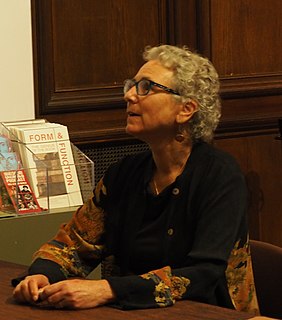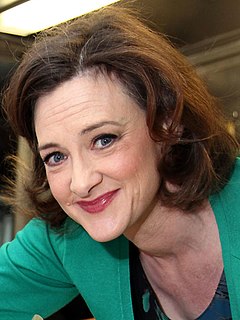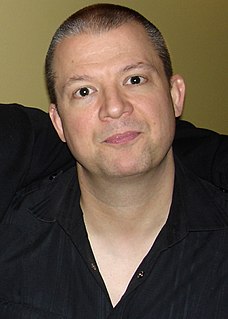A Quote by C. K. Williams
I think poetry always lives its life, and people come to it and people go away from it, 'people' in the sense of larger numbers of people. It's as though you begin to think that poetry is a resource, and that at certain times people seem to need it or want it or can find sustenance in it, and at other times they can't.
Related Quotes
I find it strange that - at least in my take on it - the people who are the most alarmed about the dire times we live in are the ones who seem to be humorless, in their taste for poetry anyway. Humor is just an ingredient. It's always been in poetry. It kind of dropped out of poetry I think during the 19th and up to the mid-twentieth century. But it's found its way back. And it's simply an ingredient.
My feeling is that most political poetry is preaching to the choir, and that the people who are going to make the political changes in our lives are not the people who read poetry, unfortunately. Poetry not specifically aimed at political revolution, though, is beneficial in moving people toward that kind of action, as well as other kinds of action. A good poem makes me want to be active on as many fronts as possible.
I'm not against sentimentality. I think you need it. I mean, I don't think you get a true picture of people without it in writing... It's a kind of poetry, it's an emotional poetry, and, to bring it back to the literary scene, I don't think anything is true that doesn't have it, that doesn't have poetry in it.
There's a sameness about American poetry that I don't
think represents the whole people. It represents a poetry
of the moment, a poetry of evasion, and I have problems
with this. I believe poetry has always been political, long
before poets had to deal with the page and white
space . . . it's natural.
The bottom line for most people who are normal is their need for other people. Even the greedy ones have this need - as long as they're not sociopathic. They may be very misguided and unhappy and do bad things and so forth, but in general if you look down deep, you find that these people are mainly concerned with other people and what other people think of them.
There is an idealism associated with poetry I would not dispel but question. It doesn't change anything except within. It shifts your insides around. Poetry is not going to reach the numbers of people by which we commonly consider a large audience. It just isn't a stadium-filler. It could still galvanize people during a crisis, but let's just say there are two points at which poetry is indispensable to people - at the point of love and the point of death. I'll second that emotion.






































